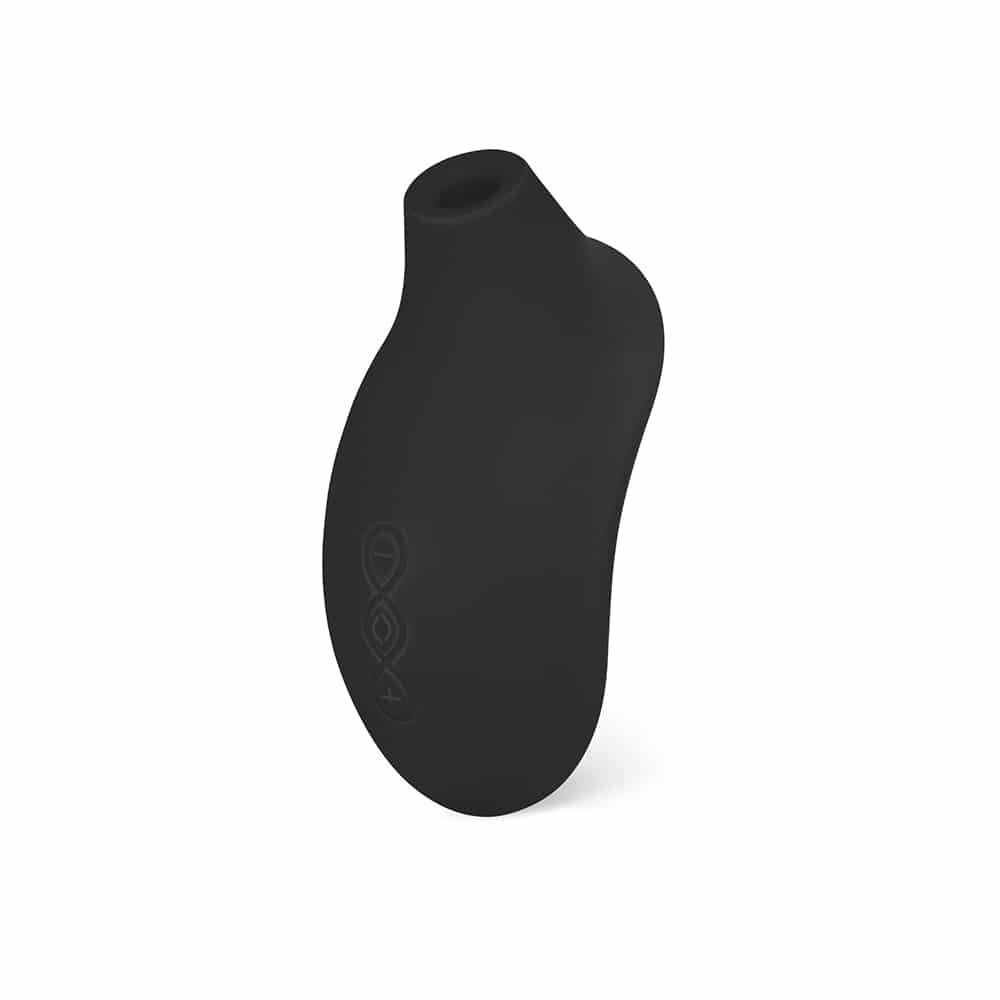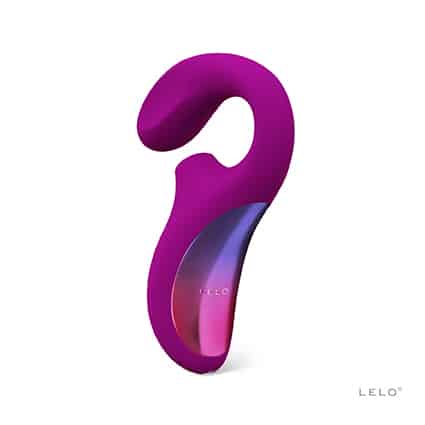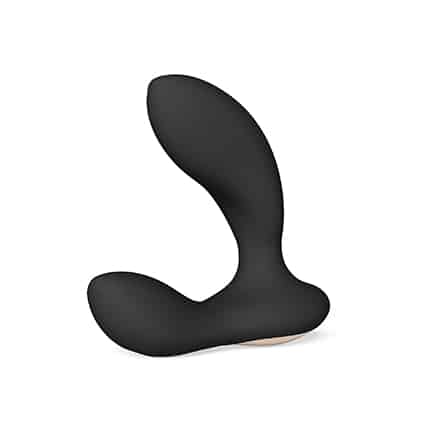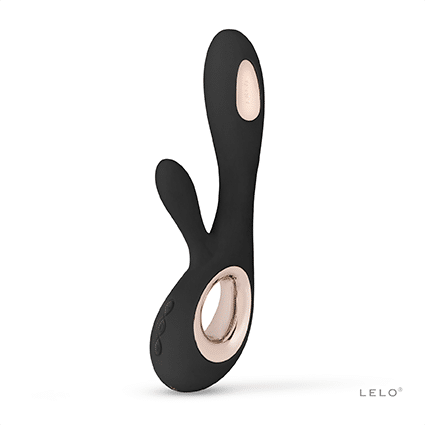Blog
How Bipolar Disorder Affects Sex Drive

Bipolar disorder is a mental health issue that is estimated to affect nearly 5% of people (approximately 1 in 20) at some point in their lifetime. This disorder is characterized by frequent and extreme shifts in mood and activity in which the individual may swing from periods of severe depression to periods of manic energy.
Bipolar disorder can have a number of effects on someone’s life, and that includes impacts on sex and relationships. In this article, we’ll discuss some of the most common impacts of this disorder on sexual drive, sexual function, and relationships.
Bipolar Disorder and Sex
Research has shown that in relationships where one partner has bipolar disorder, these couples tend to be less sexually satisfied than couples where neither partner has a psychiatric condition. Perhaps the single biggest disruption that bipolar disorder has on couples’ sex lives is that the swings from depressive to manic phases often coincide with swings from hyposexuality to hypersexuality, respectively.
In other words, a bipolar sex drive may involve an extended period of almost non-existent sexual desire followed by a period of high eagerness for sex. The lack of a happy medium can contribute to an ongoing sexual desire discrepancy where the partners just aren’t on the same page about what they want sexually.
Further contributing to sexual dissatisfaction, many common medical treatments for bipolar disorder, such as antipsychotics and lithium, can trigger sexual side effects. Common side effects include erectile dysfunction and low desire.
That said, the effects of this disorder on people’s sex lives can be highly variable, depending on the type of bipolar disorder one has and whether (and how) it is being treated or managed.
Bipolar Hypersexuality Triggers
As mentioned above, during manic phases, bipolar disorder can trigger hypersexuality, which involves heightened or “excessive” sexual interest and activity. It is for this reason that bipolar and “sex addiction” are often thought of as going together. However, it is important to highlight that “sex addiction” is not a recognized medical diagnosis.
What sometimes happens in manic phases is that bipolar individuals feel like their sexual behavior is out of control. For some, this may manifest as an obsessive preoccupation with sex coupled with a feeling that one is unable to control their impulses in a way that resembles OCD. In fact, OCD and bipolar disorder are sometimes confused with one another because they frequently share common symptoms.
For others with bipolar, high levels of sexual activity may be something they turn to as a form of emotion regulation. For example, sex may be used as a means of dulling the intensity of a manic mood. At the same time, it’s also worth noting that some may become hypersexual during depressive phases, with sex being used as a way of temporarily reducing depressive symptoms.
Bipolar Disorder and Postcoital Dysphoria
“Why do I feel guilty/gross after sex?” Bipolar individuals sometimes report these negative feelings following sexual activity, something known as postcoital dysphoria (PCD). While PCD is technically something that anyone can experience, persons with bipolar disorder may have a higher likelihood of it.
For example, those who make very impulsive sexual decisions during a manic phase may later come to regret their behavior, manifesting as feeling guilty or “gross.” Sexual impulsivity involves not considering the consequences of one’s sexual actions, so when people decide on a whim to do something that might be high-risk (such as committing infidelity or having unprotected sex), it’s not hard to see how regret might follow.
PCD can also occur during depressive phases, during which people often have low feelings of self-worth. To the extent that you feel negatively about yourself or have poor body image, engaging in sex can sometimes trigger even more negative emotions.
How a Bipolar Person Loves
Perhaps not surprisingly, the way a person with bipolar disorder expresses love can shift and change considerably between manic and depressive phases.
For example, during a manic phase, someone with bipolar may be quite affectionate toward their partner, with sex sometimes being one of the primary ways this is communicated. In fact, some people feel as though their bipolar partner only shows affection during sex because their partner finds it difficult to be intimate outside of manic phases.
Mania can sometimes also lead to intense expressions of love due the bipolar individual’s lower impulse control during this time. For example, they may spend lavishly on expensive gifts, insist on a spontaneous romantic getaway, or even propose marriage.
On the other hand, during a depressive phase, all of that affection may suddenly disappear. The individual might seem emotionally unavailable or uninterested in their partner or relationship for an extended time.
The Bipolar Relationship Cycle
Bipolar relationships tend to go through cycles that correspond with shifts in mood. During manic phases, the partner with bipolar disorder may act in ways that appear very erratic or impulsive. By contrast, in depressive phases, they may become very emotionally distant.
All of these ups and downs can potentially create for an unstable relationship environment in which it becomes very difficult for partners to sustain a healthy connection. These frequent mood swings can also impair a couple’s ability to communicate and may also erode trust and intimacy.
For the partner with bipolar disorder, it is important for them to see a healthcare provider in order to receive a diagnosis and develop a treatment plan that works for them. For the non-bipolar partner, it is important for them to educate themselves on bipolar disorder so that they can understand and be more empathetic for their partner.
It is also vital for both partners to openly communicate and to have contingency plans for times when symptoms get worse or when a treatment stops working.
Takeaways
While bipolar disorder can present a host of sexual and relationship challenges for couples, there is hope. It is entirely possible for someone with this disorder to cultivate a happy and healthy relationship.
If you or your partner have bipolar disorder and are experiencing negative impacts on your sex life and/or relationship, consult with your doctor or a licensed sex therapist. There are many effective treatments and resources available that can help in alleviating symptoms and, by extension, improving your intimate life.
Discover pleasure with:















![10 Best Cheap Sex Toys [Video Demonstration] 10 Best Cheap Sex Toys [Video Demonstration]](https://i0.wp.com/www.mysextoyguide.com/wp-content/uploads/2025/04/Best-G-Spot-Vibrators.jpg?w=1300&resize=1300,800&ssl=1)
![10 Best Sex Toys for Couples [Video Demonstration] 10 Best Sex Toys for Couples [Video Demonstration]](https://i0.wp.com/www.mysextoyguide.com/wp-content/uploads/2024/01/Best-Vibrators.jpg?w=1300&resize=1300,800&ssl=1)

